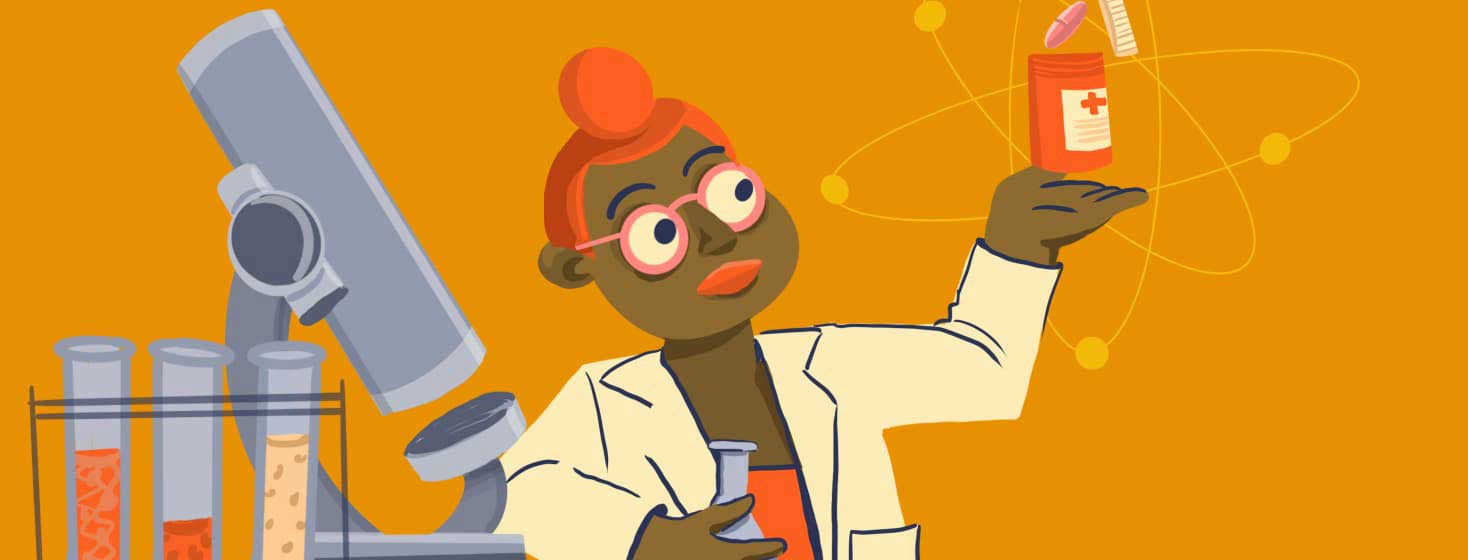The Gliflozins: A Newer Class of Drugs to Treat Heart Failure
There are many emerging therapies for the treatment of heart failure. One of these newer therapies are the SGLT2 inhibitors, which have traditionally been used to lower blood sugar in people with Type 2 Diabetes. However, evidence over the years has shown that these drugs can help treat heart failure as well. The following article will outline what SGLT2 inhibitors are and what you can expect during your treatment if prescribed this therapy.
Featured Forum
View all responsesWhat are SGLT2 inhibitors?
SGLT2 inhibitors are also referred to as the gliflozins, because the drugs within the class share that suffix. Drugs within this class include:
- Canagliflozin (Invokana)
- Dapagliflozin (Farxiga, Forxiga)
- Empagliflozin (Jardiance)
These drugs cause glucose (a sugar) to get passed into the urine, thereby lowering blood glucose levels.1
What is the role of SGLT2 inhibitors in heart failure?
There is evidence to show that some of the SGTL2 inhibitors can prevent heart failure in people with Type 2 Diabetes. For example, one of the indications, or the proposed place of therapy for the drug, is in addition to diet and exercise to reduce heart events in people with Type 2 Diabetes with heart disease. Heart events include heart attacks and stroke.2,3
Some of these drugs have shown improvement in heart failure in those with no history of diabetes. For example, the addition of Farxiga or Jardiance to the standard care regimen for people with heart failure with reduced ejection fraction, but no diabetes, was beneficial.4,5
Who should not take a SGLT2 inhibitor?
It is important to note that not everyone with heart failure is a candidate for treatment with an SGLT2 inhibitor. Your doctor will ultimately decide if the addition of this drug is right for you.
There are some warnings and considerations for this class of medications, including:5
- People with Type 1 Diabetes should not take these drugs
- Patients with kidney disease may need to reduce their dose or avoid these drugs completely
- These drugs are associated with an increased risk of urinary tract infections (UTIs)
- People who are pregnant or breastfeeding should not take SGLT2 inhibitors
Taking the medicine
If your doctor decides to prescribe you an SGLT2 inhibitor, take it as directed, usually once daily with or without food. It is generally recommended to take these medications in the morning.5,6
What to know during your treatment
Just like all drugs, SGLT2 inhibitors come with side effects. Your doctor and pharmacist will inform you of the most common side effects. Things to consider while you are on this therapy include:5,6
- These drugs may cause dizziness. Rise slowly when standing so that your blood pressure does not drop too low.
- Use caution when you are in hot environments of high activity levels, as the risk of dehydration is increased.
- Ensure you have gone for your blood work in the frequency recommended by your doctor.
- Any side effects, such as issues urinating, or feeling weak or lightheaded, should be reported to your doctor.
Overall, SGTL2 inhibitors may be an effective treatment option to improve heart failure outcomes.
Do you take a SGLT2 inhibitor? What has been your experience so far?

Join the conversation